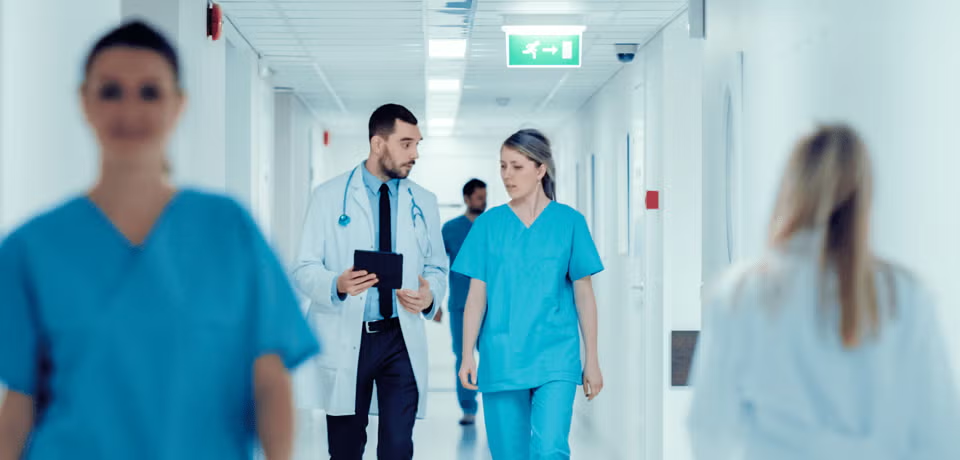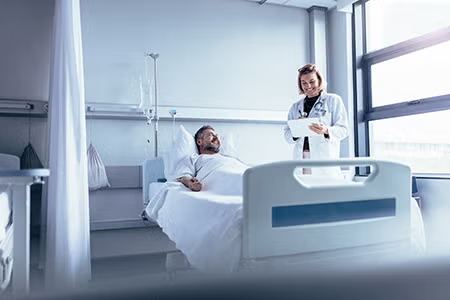Biocides are an essential component in the arsenal used to control microbiological contamination in hospitals and other medical facilities. More than 150 years ago, it was understood that microscopic organisms are responsible for many diseases and infections. This understanding revolutionized the practice of medicine and led to the growing body of knowledge on the prevention of microbial contamination and the control of infectious disease.
Surfaces and Medical Equipment
Disinfectants are used to decontaminate surfaces and medical equipment. Patients should be assured that all medical equipment meets strict sterilization procedures prior to use; this often requires the use of antimicrobials. In particular, some medical equipment is extremely sensitive to heat, and, thus, chemical disinfectants are essential.
Professionals and Patients
Biocides also help limit the spread of bacteria from health care professionals to patients. For example, the use of alcohol-based hand rubs by doctors and nurses have helped limit the spread of hospital-acquired infections. Antiseptics, such as hydrogen peroxide, are applied to living tissue to treat infections in surface wounds. Antiseptics also include mouthwashes, wart treatments, and some acne treatments.
Pharmaceutical and Vaccine Shelf Life
In addition to disinfection and sterilization, antimicrobials serve another valuable purpose in health care—they help preserve the shelf life of pharmaceuticals and vaccines by preventing bacterial contamination. Unwanted bacterial growth in medical products can decrease the effectiveness of medications or even cause health risks to patients.

